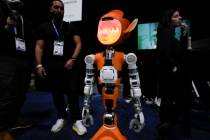CES 2019: 5G ‘will change everything’, revolutionize the world
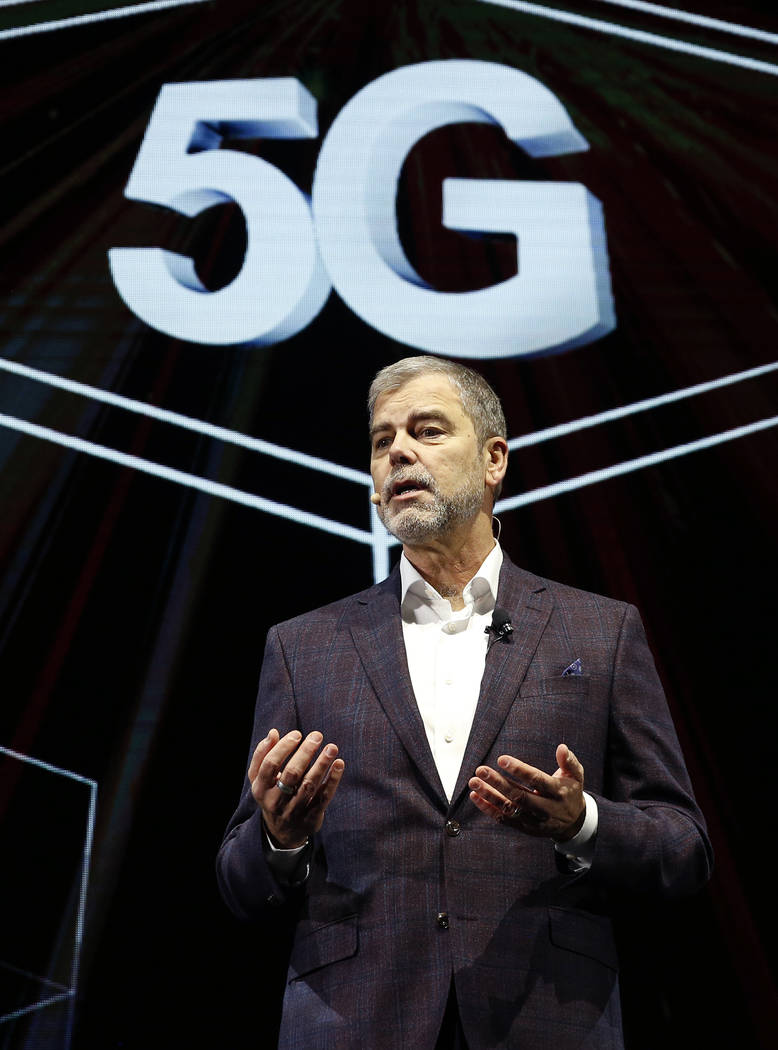
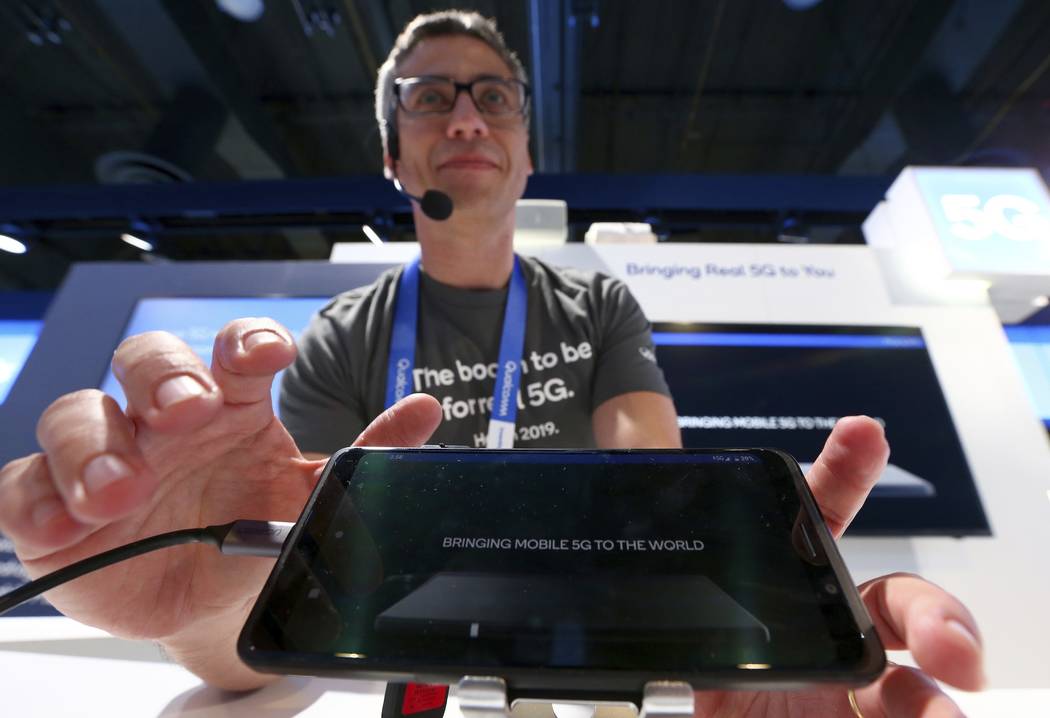
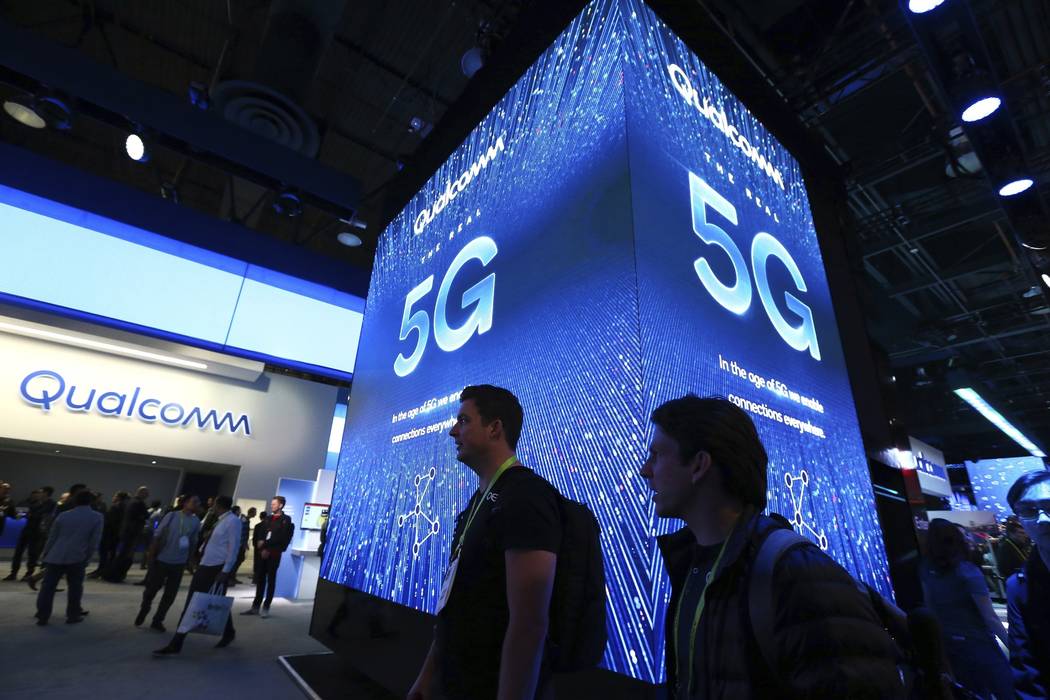
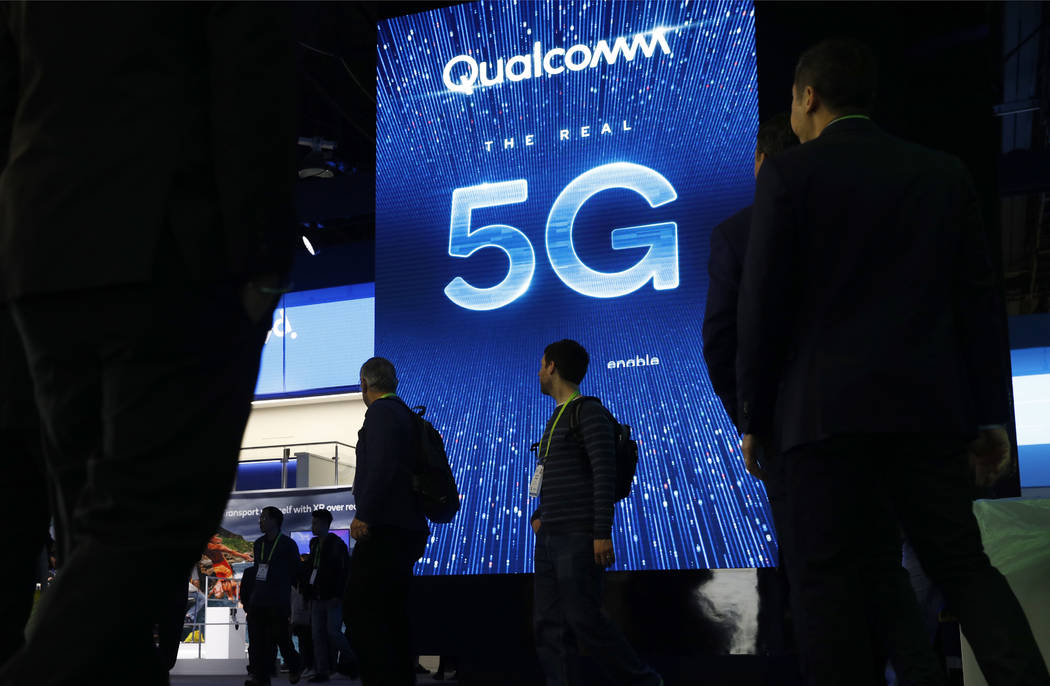
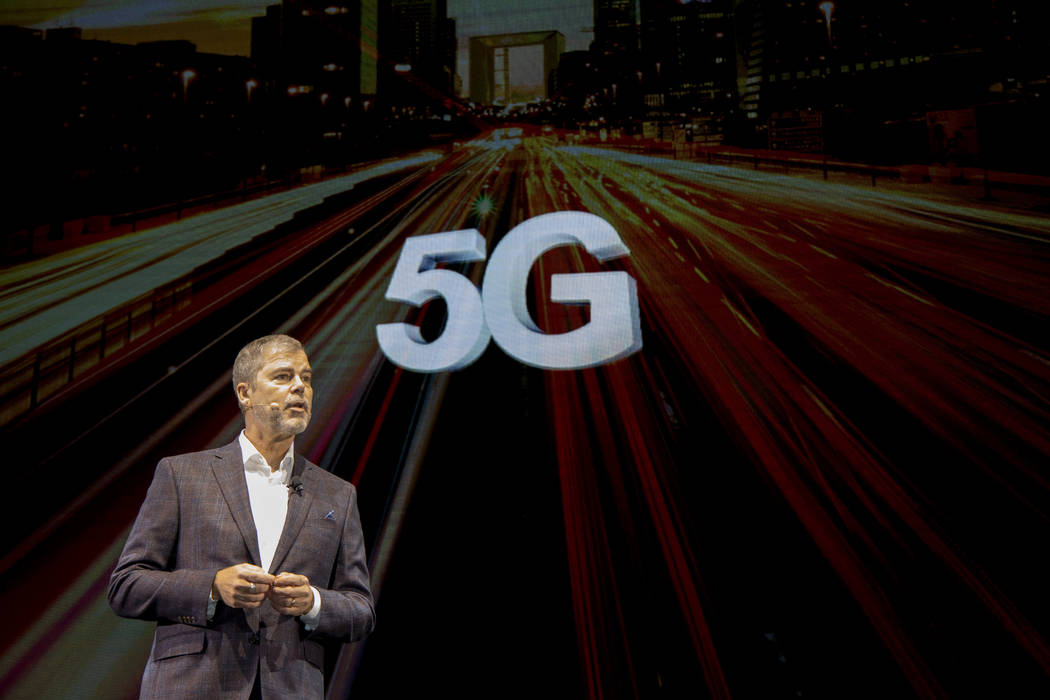

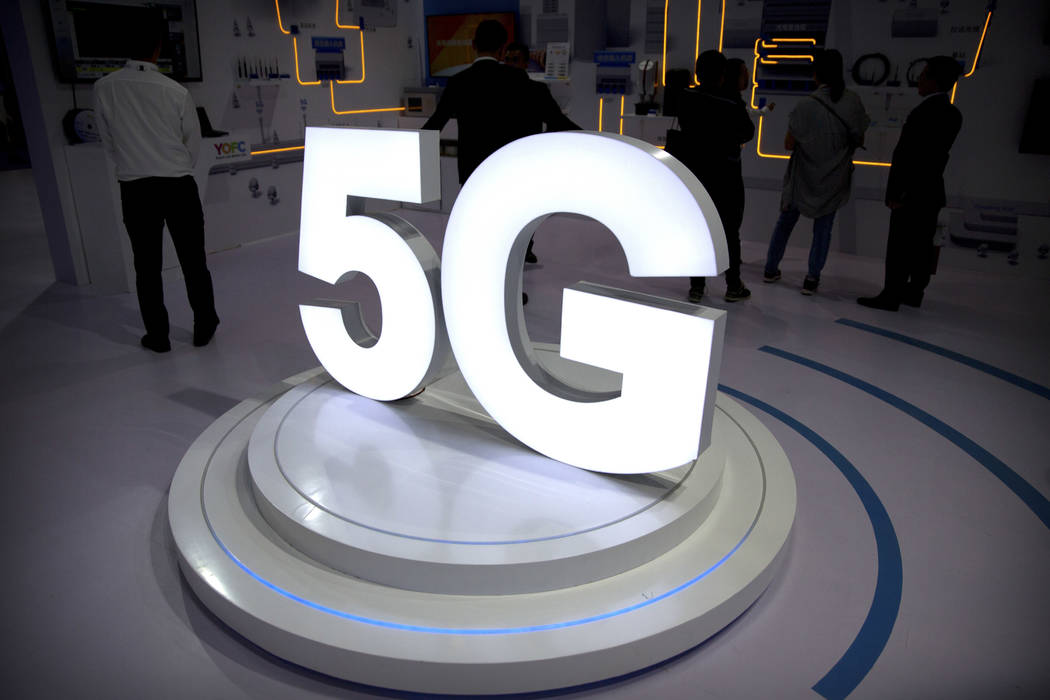

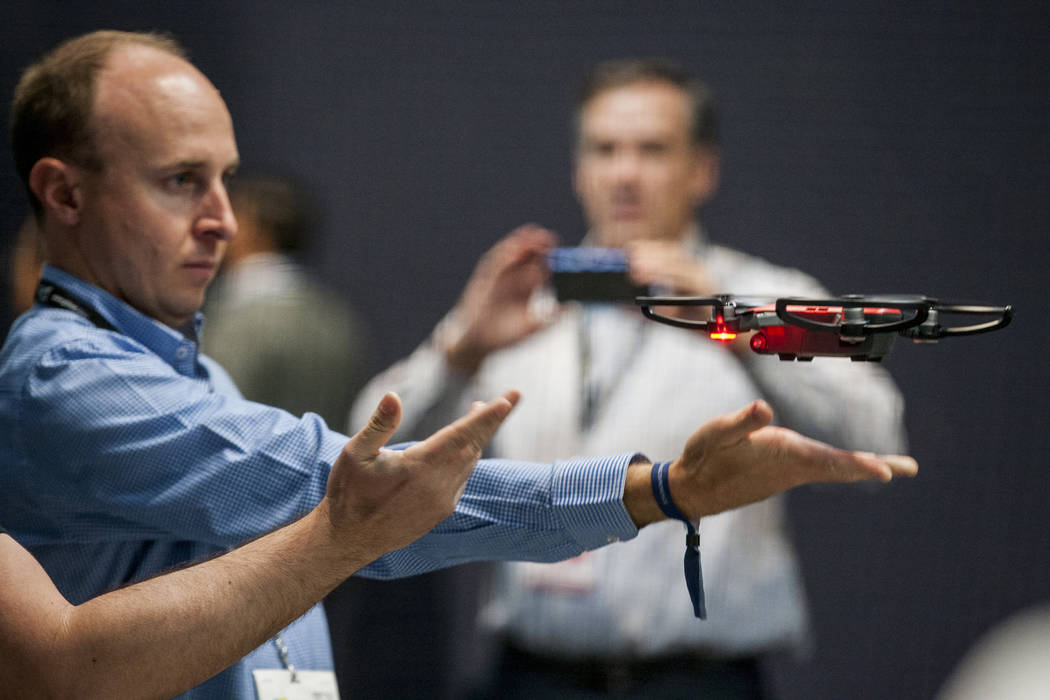
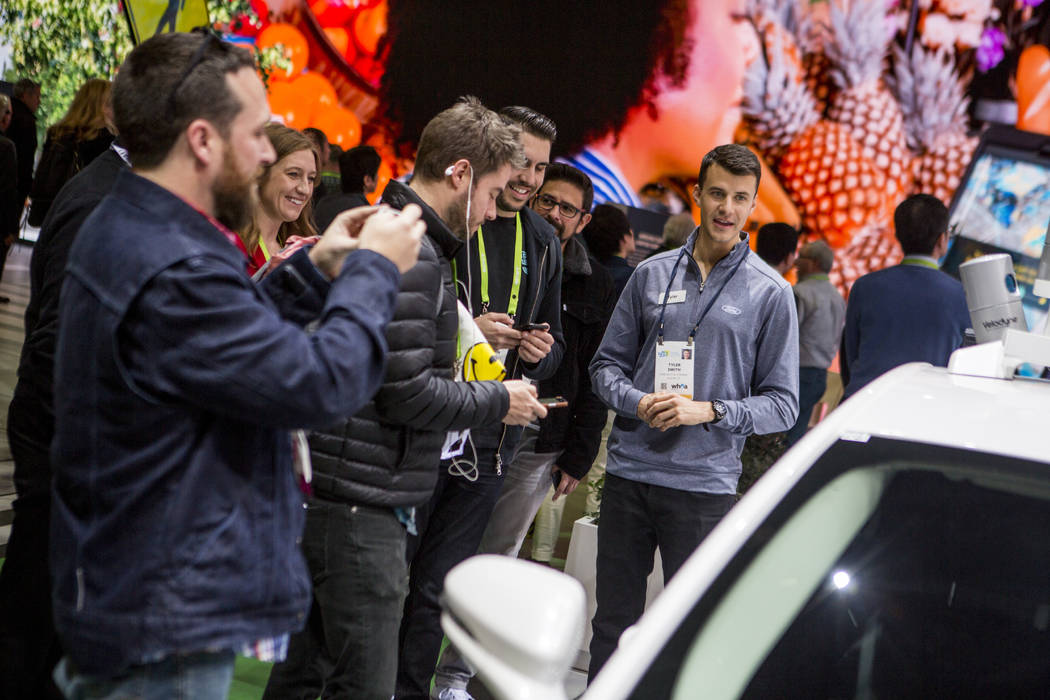
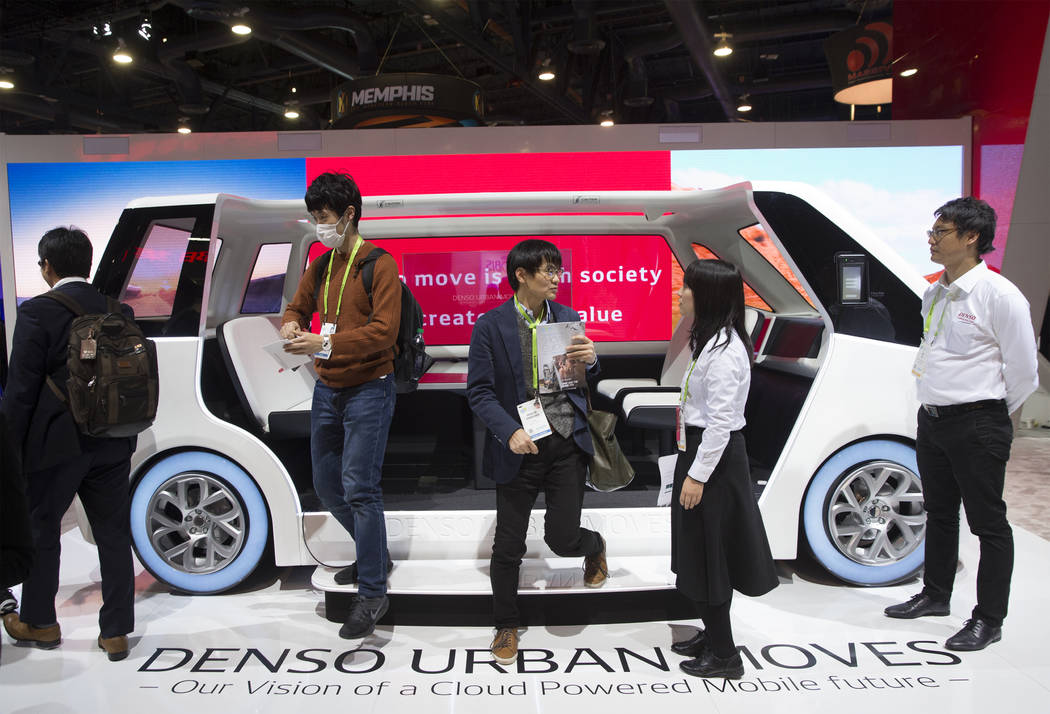
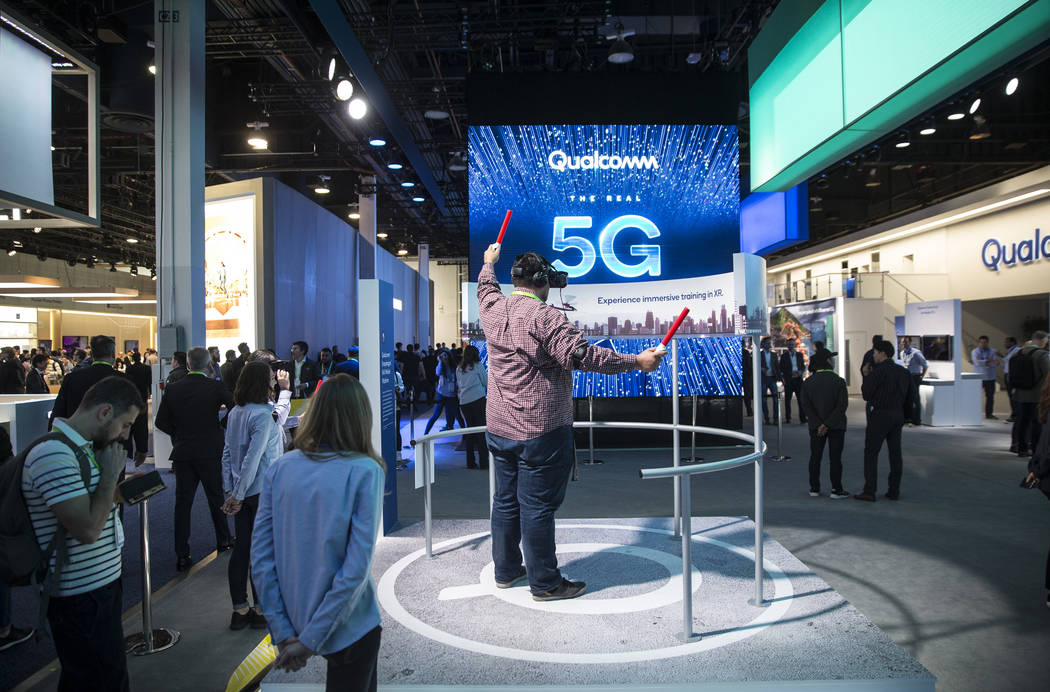
Two CES attendees, including a New Jersey surgeon, studied a 3D CT scan of a heart at the Intel Corp. booth Thursday.
Even though a doctor sat at one table facing south while the other attendees sat a few feet away facing north, they could collaborate in real time on the same scan, seeing one another as holographic images.
Swap those attendees out with a heart specialist in New York or in another country, and the power of the technology — created by Belgian-based company Mimesys — emerges.
The best specialists in the medical world could be made available to patients anywhere when time is of the essence.
The uses for holographic technology range across industries and life moments. A father serving in the armed forces can appear beside his daughter while she blows out her birthday candles, as a video shown during a CES keynote suggested.
This technology — like others that were on display at the convention dedicated to consumer technology — could not be made possible without fifth-generation wireless technology that enables massive amounts of data to be instantly sent.
No wonder people are using bold statements to describe fifth-generation wireless technology and its abilities. AT&T CEO John Donovan called it a “game changer” during his keynote Wednesday. One day earlier Verizon CEO Hans Vestberg called it a “quantum leap” compared with the current fourth generation.
Fifth-generation technology “will change everything,” Vestberg said, with its ability to transmit data 1,000 times faster and connect 10 times more devices per square kilometer. It will be as revolutionary as the advent of the steam engine and electricity were in their day, he added.
While there was little doubt among attendees that 5G will revolutionize the world, when that revolution will actually dawn is disputed.
“CES 2019 is for all intents and purposes the dawn of 5G for real,” MediaLink Chairman and CEO Michael Kassan told attendees at a keynote Wednesday.
However, other speakers seemed to push back on that.
“We talk about it being real, but it is not here,” said Alicia Hatch, chief marketing officer at Deloitte Digital.
When 5G will be available to most U.S. residents is unclear. The two mobile operators have begun launching 5G in parts of select U.S. cities.
However, most mobile phones aren’t 5G-capable. Apple won’t launch a phone equipped to handle the speeds until 2020, according to tech publisher Digital Trends.
“It is not a light switch that is going to turn on tomorrow and glow brightly. It is not going to glow brightly across the country in the same way and on the state time line. Its promise is going to take some time,” Beth Sidhu, COO of The Stagwell Group, said during a CES panel discussion.
And it may not spread across the U.S. first. Asia is “seriously” outpacing the U.S. on the rollout 5G, said Hatch.
Autonomous cars, drones
Nonetheless, CES 2019 showed companies are preparing for its launch, especially those involved in autonomous vehicles, drones and virtual reality.
5G makes it possible to connect millions more devices to the internet. That enables sensors on autonomous cars to work in real time and “see” other vehicles and objects, like humans, on the road.
Likewise, it will enable telecommunications and power companies to use thousands of drones to check their sprawling infrastructure.
Only 10 percent of enterprises have a “major” drone program, and none of them are connected to a wireless network, said Mariah Scott, president of Skyward, Verizon’s drone unit.
“We knew early on that connectivity would be critical for drones to truly transform our world. 5G will usher in a new era of aviation where we connect and integrate drones into the national airspace,” Scott said.
Health care impact
Virtual reality has not lived up to the hype it generated a few years ago, in part because slow data speeds made the experience unreliable, which sometimes caused people to feel sick.
But 5G’s ability to move large data instantly should largely solve those problems. The latest wireless generation has the ability to reduce the delay between an event you are watching on a connected device and when it actually happened to milliseconds.
That opens up the possibility of harnessing virtual reality to watch a live event remotely as if you were there. Fans unable to make it to a venue would be able to watch a sporting event from the perspective of a player or a music concert as if they were beside the singer.
The biggest technology companies are “pouring billions of dollars” into virtual reality as 5G prepares to roll out, said Danny Keens, vice president of content for NextVR, a virtual reality broadcaster for live events.
“(5G) will be a game changer for us because it is ultimately going to allow us to give people the sense of presence and emotion that we haven’t been able to deliver today, certainly live,” Keens told a CES audience.
And, as the case of a doctor studying a 3D image of a heart with another specialist far away, it will have profound implications for the medical industry.
5G “will turbo-charge our health care industry. It will transform the health care relationship between doctors and patient,” said Kassan.
Contact Todd Prince at 702-383-0386 or tprince@reviewjournal.com. Follow @toddprincetv on Twitter.













